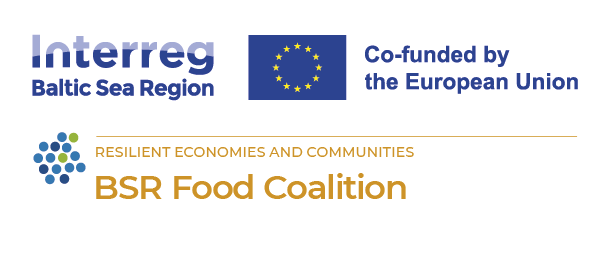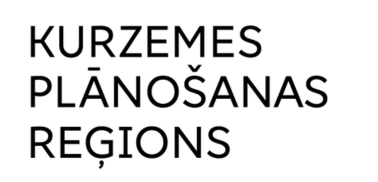
S002 “BSR Food Coalition”
On 14 December 2022, as part of the “BSR Food Coalition” project, in Striķi Culture house, various stakeholders from Kurzeme municipalities, catering services’ providers at schools and local farmers came together to discuss the existing cooperation with schools, municipalities, cooperation between farmers and caterers, by emphasizing the problems, challeneges and possible solutions.
In the first part of the seminar the researcher A. Hauka from the Agroresources’ and Economy Institute (AREI) presented the research results on the potential of high quality food products in the Green public procurement (GPI), the experience from Vidzeme region in organising the GPI and cooperating with farmers and caterers, whereas the Project Manager A. Lūse provided an insight into the survey results at Kurzeme schools.
According to AREI research results, municipalities are the most significant GPI contractors and the largest procurements take place in Riga and Riga region. The most often “users” of GPI are the educational institutions. Procurement of catering service for schools prevails over the procurement of food products – it means that mostly, at schools, meals are either being delivered or cooked at school canteens by the service provider which has won the procurement. The option of buying food products to cook meals at school canteens by the school chefs employed by the school (municipality) itself, takes place more rarely. However, if such an option is chosen, the “bulk” proportion in food products’ procurement is taken by the wholesalers and processing companies, which proves that it is difficult for local farmers to compete in these procurements.
School surveys, where the key respondents were representatives from school administrations, school-children and parents, show that mostly the food is not being received from local farmers, yet it would be appreciated, since it would allow to support both, the local farmers and healthy eating habits.
The second part of the seminar was devoted to hold a discussion, during which the following key challenges were mentioned: complicated procurement procedure, which does not stimulate the procurement of local foods; necessity to improve the capacity and knowledge of local municipality procurement specialists on how to plan and work out the procurement specifications in order to motivate the local farmers (e.g. correct division by “lots” which would allow the local farmer to “offer” its production); necessity to set a priority for purchasing locally frown foods.
Similar focus group discussions and school surveys are taking place also in other project partner countries – Lithuania and Estonia. In the end of the year the results shall be compiled and summarised and later used by all partners to jointly work out a basic framework for school food pilots, which are expected to start in May 2023 and last for the whole next year.
Project activities are being implemented with the support of the Interreg Baltic Sea Region Programme 2021-2027.
Information provided by:
Alise Lūse,
BSR Food Coalition Project Manager,
Kurzeme Planning Region,
Phone: + 371 26567874, alise.luse@kurzemesregions.lv

